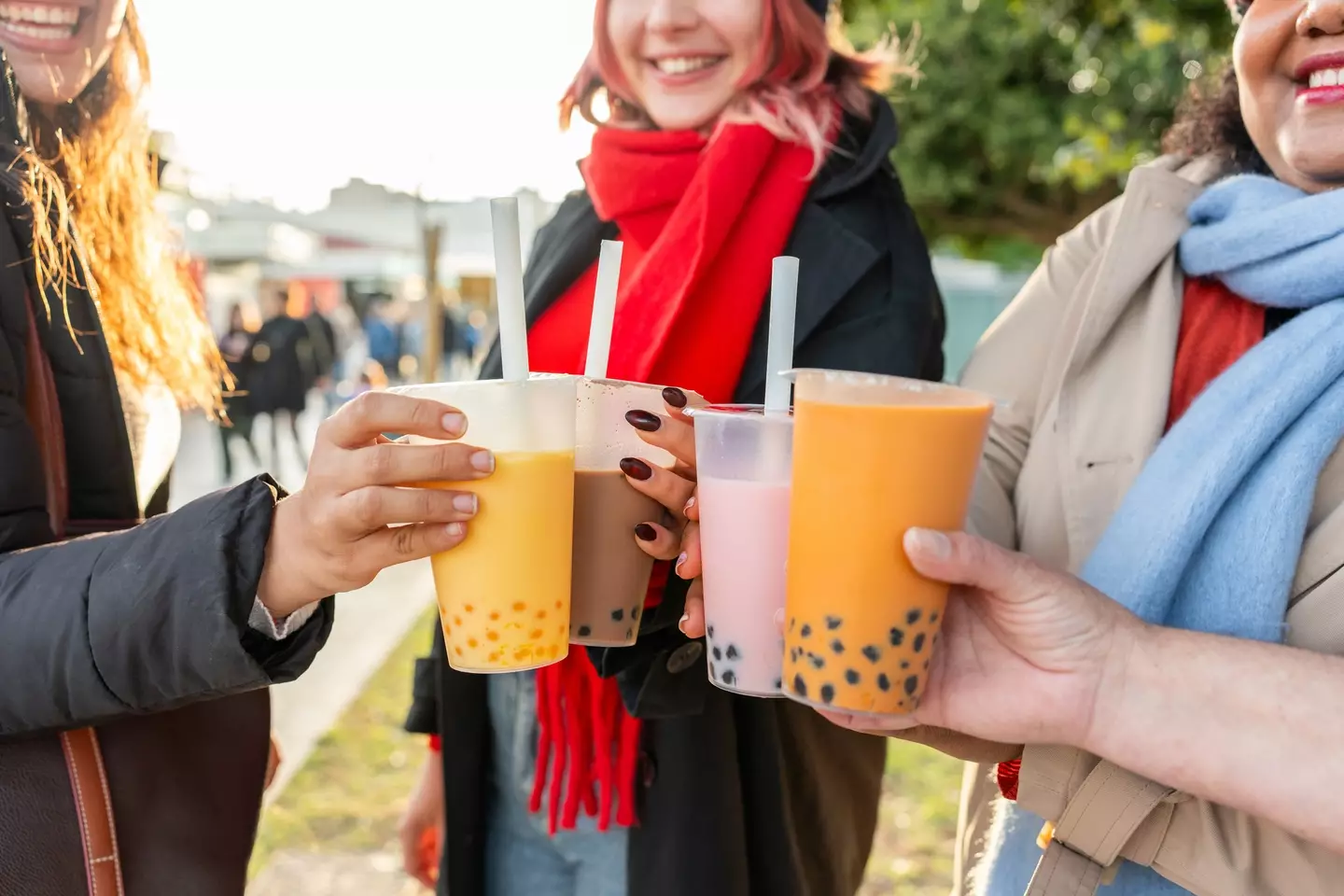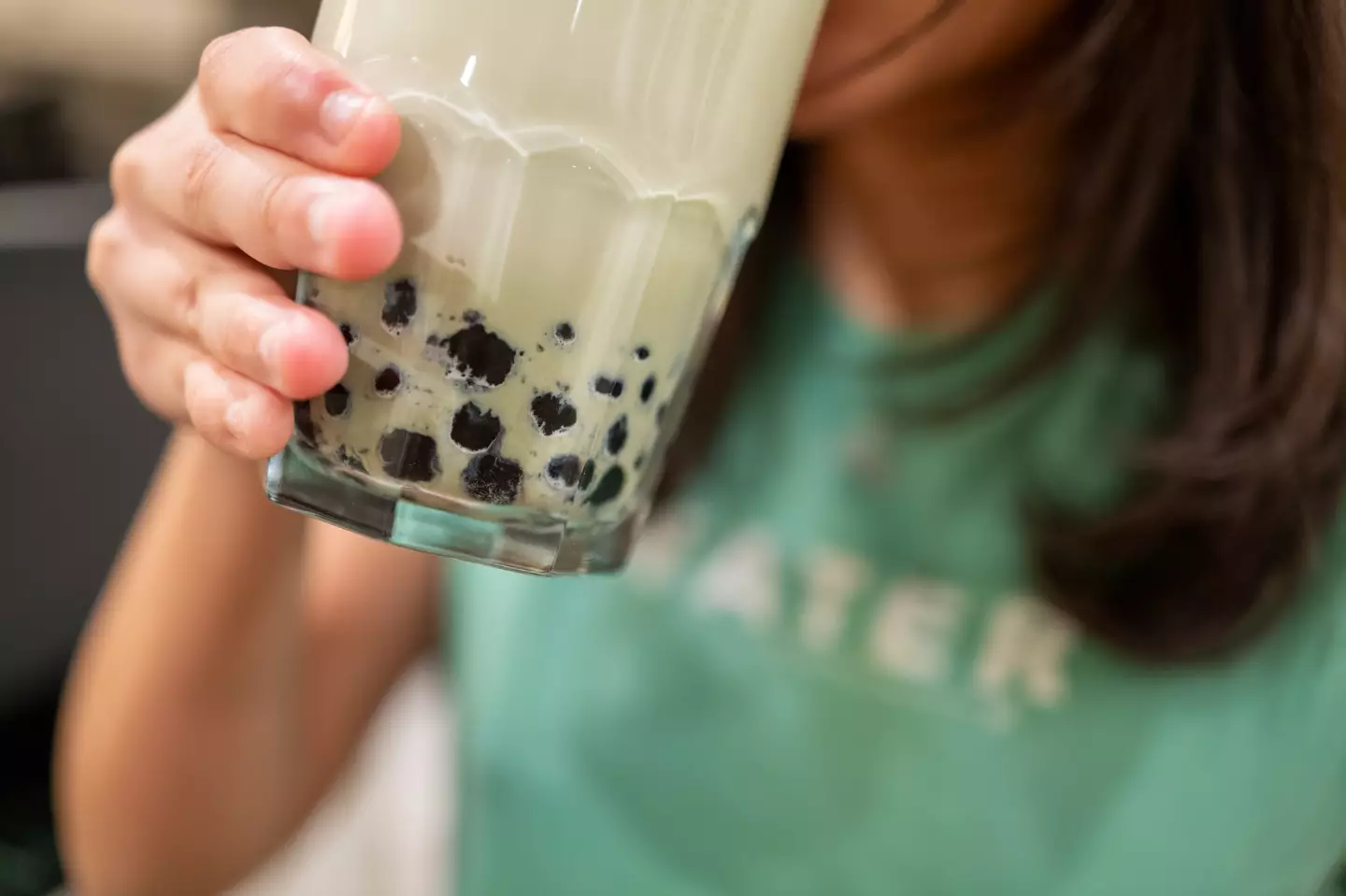
Bubble tea may be one of the trendiest drinks around, but new tests have raised fresh concerns for fans of the treat. Consumer Reports recently carried out investigations into some of the biggest bubble tea brands in the United States food & drink market, and while the findings weren’t disastrous, experts say it’s time to think twice before making boba your daily go-to.

The tests conducted by CR looked at tapioca pearls from well-known names, including Gong Cha, Kung Fu Tea, Trader Joe’s and WuFuYuan. Researchers examined them for heavy metals such as arsenic, cadmium, mercury and, most notably, lead.
The good news is that none of the products tested went over official safety limits. The bad news is that many came worryingly close. James E. Rogers, PhD, director of food safety research and testing at Consumer Reports, explained: “These levels weren’t so high that we’d tell people to completely avoid bubble tea made with boba.”
Advert
However, he followed with an important caveat: “While this wasn’t a comprehensive look at the boba and bubble tea market, the fact that three out of the four boba samples contained more than 50% of our level of concern for lead in one serving is a good reason to treat it as an occasional treat, not an everyday staple.”
The tests revealed the highest lead levels in Trader Joe’s Instant Boba Kit, reaching 83% of Consumer Reports’ level of concern for lead. Gong Cha’s pearls came in at 70%, Kung Fu Tea’s at 63% and WuFuYuan’s at 29%. Although Trader Joe’s has since stopped selling its kit, the other products remain popular options for bubble tea fans.
Rogers also pointed out: “It’s hard to avoid being exposed to some lead. It’s found in varying amounts in food, drinking water, soil, and many homes. The health risks come from repeated or continuous exposure over time. But small amounts add up and, in the long run, may have health effects. That’s why it’s prudent to minimise your exposure to known sources of lead when you can.”

The warning matters because lead is linked to serious long-term health problems. The World Health Organization highlights risks such as high blood pressure, kidney damage and cardiovascular issues in adults. During pregnancy, exposure can result in reduced foetal growth and preterm birth. Young children are particularly vulnerable, with potential permanent impacts on the development of the central nervous system.
Consumer Reports stressed that a single serving of bubble tea per day would remain within its safety threshold. But because lead can come from many different sources in an everyday diet, it’s easy for the levels to build up quickly. The team added that eating enough nutrients like calcium, iron, selenium, vitamin C, and zinc could help reduce the body’s absorption of lead.
As the popularity of bubble tea continues to soar, the overall message that experts are trying to convey is that you can enjoy it occasionally, but don’t let it become an everyday habit.
FOODbible has reached out to Gong Cha, Kung Fu Tea, and Trader Joe's for comment.
